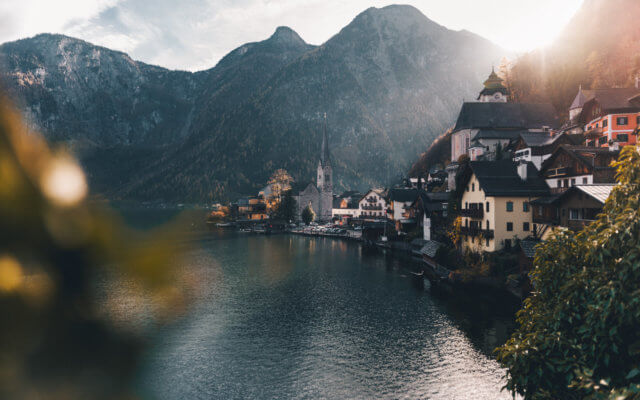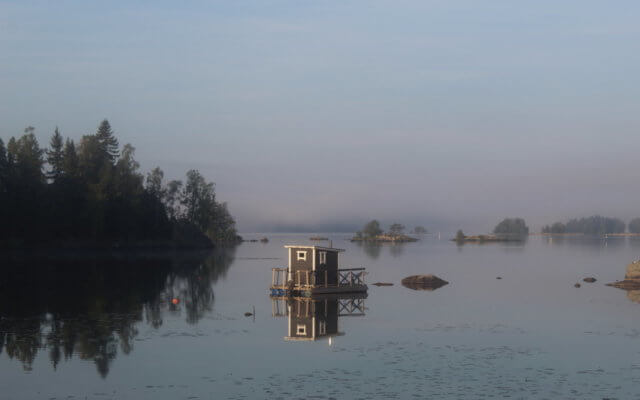Dates: 25 August – 2 September 2013
Venue: Batumi, Georgia
Pax: Andrea Jirásková, Markéta Bartoníčková, Jakub Kufčák, Marek Hrdina, Michaela Němečková
Programme: Visegrad fund
Project report:
Thirty participants, coordinators and organizers from Armenia, Azerbaijan, Czech Republic, Georgia, Poland and Slovakia spent one amazing week in a seaside resort of Batumi, Georgia. The topic of the summer school was the simulation of the meeting of the EU Foreign Affairs Council (FAC) in the foreign ministers’ formation. Each delegation was represented by two people – Minister of Foreign Affairs as an official speaker during the meetings supported by Ambassador. There were 12 countries in the simulation – UK, France, Germany, Italy, Spain, Poland, Czech Republic, Hungary, Austria, Sweden, Slovakia and Lithuania. Each country had a certain number of votes in accordance to the real distribution of votes in the Council of European Union.
Before the summer school begun, each participant had to study a bit to get to know the position of the country that he/she was representing. The organizers provided the recommended reading for each of the countrys’ representatives. After the delegations arrived to Batumi, they accommodated in hotel CHAO. There was a conference room in the hotel where all the lectures and workshops as well as simulation took place. Participants had the opportunity to talk to a vast number of special guests, such as Alex Petriashvili, State Minister of Georgia for Euro-Atlantic Integration or Andrzerj Cieszkowski, Ambassador of the Republic of Poland in Georgia.
The youngsters discussed current situation within the EU’s Eastern Partnership. During the debates they realized that the cooperation between the EU or Visegrad group and Southern Caucasus is mutually beneficial. Later on, there was a lecture about multiculturalism and negotiations run by coordinators themselves. After this experience the participants started the simulation of FAC where they used gained skills and knowledge from previous workshops and discussions. Main goal of the FAC meetings was to find a common position of the countries in order to solve the Syrian issue.
During the talks the coordinators were monitoring the situation as journalists and their reports were published regularly after each meeting of the FAC in “Summer School Daily“ newspapers. The organizers as well as coordinators were occasionally representing countries that are involved into the conflict such as Israel, Turkey or the US and were informing the participants with statements during the press conferences about current development so that the participants had to react flexibly.
Apart from the official negotiations there were also leisure time activities during the summer school. Everyone was given some free time to explore Batumi, to go to the seaside or to attend a show in a local Dolphinarium. During the intercultural evenings each country presented their culture, history, traditions or typical products. While debating about differences between the member states of the EU and countries form Southern Caucasus the participants discovered there are also some European and Caucasian values all people have in common. After one week in Batumi some of the stereotypes and prejudices were overcome by the participants and friendships appeared on the international level. The coordinators also introduced the NGO’s in order to develop future collaboration and to support mutual plans. The atmosphere was friendly and unforgettable during the summer school.
Michaela Němečková


